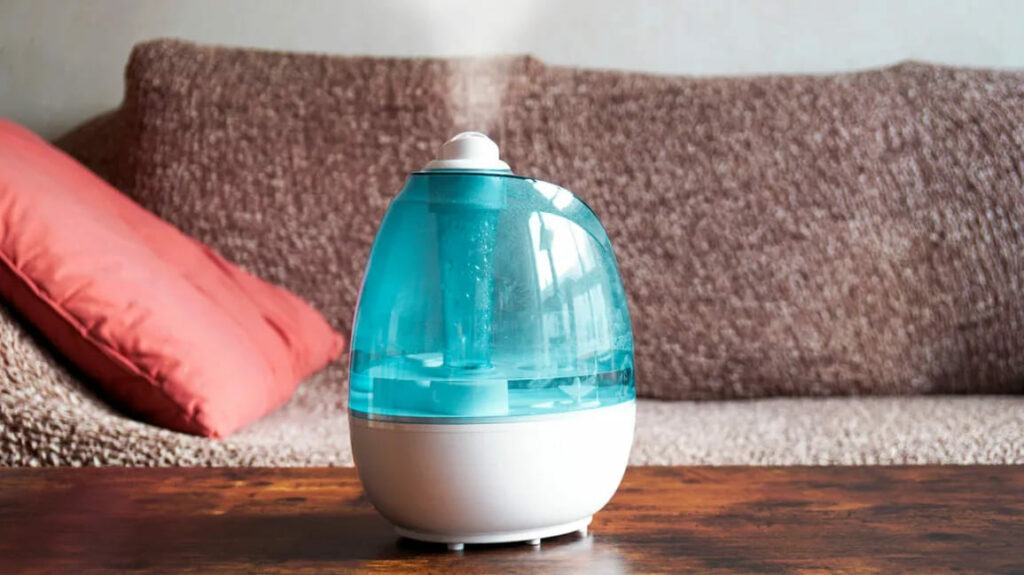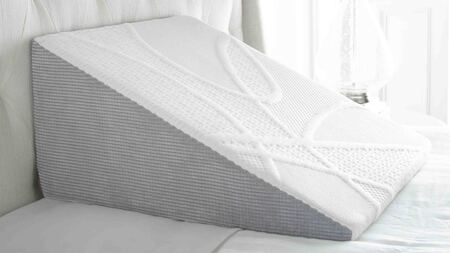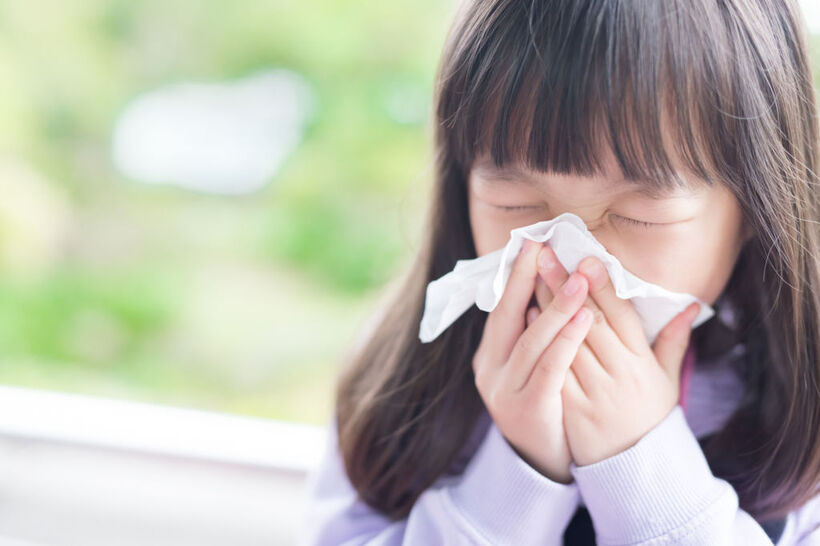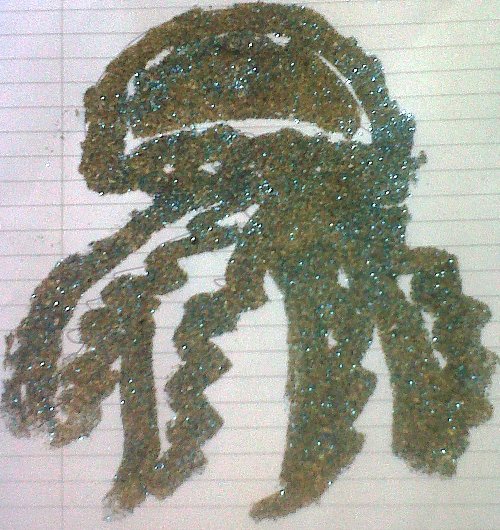While the winter season can be a respite from the heat of summer, it also comes with its own set of issues, especially for your little one. Here are some doctor-recommended remedies to ease congestion in toddlers.
Here’s what happy parents do to raise happy kids! Sign up to find out!
Coughing and sneezing can make them miserable, but that stuffy nose is the worst of all. This creates discomfort not only for the child but for the parents as well as they know that a stuffy or constantly running nose will hinder the normal breathing of the baby.
While older children have learnt to blow their nose on their own, toddlers aren’t used to that. So, how do you offer relief to your little one?
Here are some helpful home remedies that can help your child get rid of that stuffy nose and breath better. Let’s take a look:
Causes Of Cough And Cold
Having a cough and cold indicates that your body is getting rid of some irritants.
It can happen if your baby has come in contact with a foreign object or pollutant like bad air or smoke. Some of the common factors that lead to cough and cold among children include infection, acid reflux, asthma, allergies and sinusitis etc.
It is common for toddlers to have a cold in winter, but sometimes they can also indicate underlying serious problems. Cold should leave the body after you have performed measures to treat it. If it doesn’t seem to go away after trying everything, then you should seek medical attention for it.
Remedies To Ease Your Child’s Congestion
You don’t always have to rely on medications to treat your child’s congestion issues. Some home remedies are proven to be simple and effective. Let’s take a look at some of them.
Steam Inhalation

Warm water vapour can help in thickening of the thick mucus layer which will make it easier for your child to breathe. Care should be taken to prevent burns. It is best used in children above 5 years of age. You can also try giving your baby a warm bath before bed.
Fluids

If your child is 9 months or older, you can try feeding them fluids other than breast milk or formula. Water is good to go at this stage. Older children can have warm soups and other healthy drinks. Fluids can help in clearing out mucus and hydrating the body.
Keep The Air Moist

Getting a humidifier, especially the cold mist one would be a great idea as it will avoid dryness in the air. Try putting a humidifier in your child’s room, especially at night. It will help in avoiding dry cough and congestion and giving them some respite. Make sure that you don’t leave the humidifier within the reach of your baby as they can treat it as a toy.
Here’s what happy parents do to raise happy kids! Sign up to find out!
Change In Sleeping Position

Congestion worsens at night when the nasal cavity cannot be drained out due to your child’s sleeping position. Doctors recommend letting your baby sleep with their heads elevated on a few pillows to ease the symptoms of congestion.
Use Saline Drops

Use Saline drops to clear out the nose. Saline helps in loosening thick secretions and helps clear congestion. You can also use the bulb syringe device to clean and clear the nasal passage.
Winters can be tough on your baby if proper precaution is not taken well in advance. With all that sneezing, coughing and congestion, you cannot expect them to be comfortable. This poses a problem for the child and the parents alike as parents too would be concerned about the baby’s breathing.
Many medications can help you get rid of such symptoms but when it comes to toddlers, it is not recommended to use anything like that without consulting a certified paediatrician. But sometimes you don’t have to rely on medications, a few simple home remedies can help you ease the symptoms.
If your child also has a fever that doesn’t seem to go away, it is recommended to seek immediate medical attention.

















